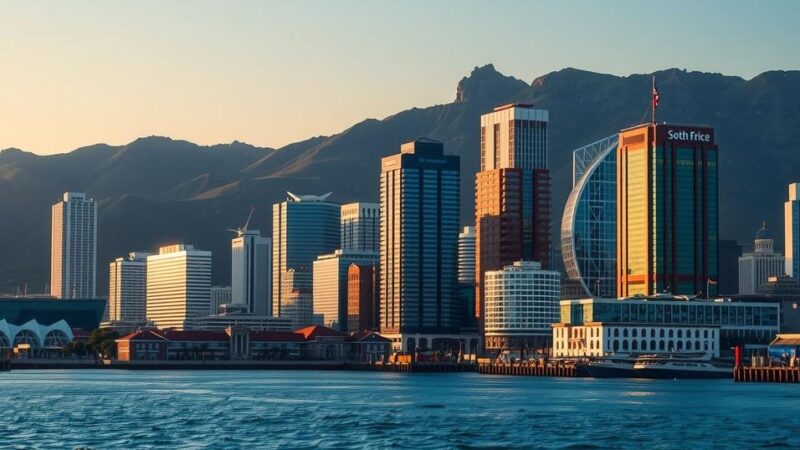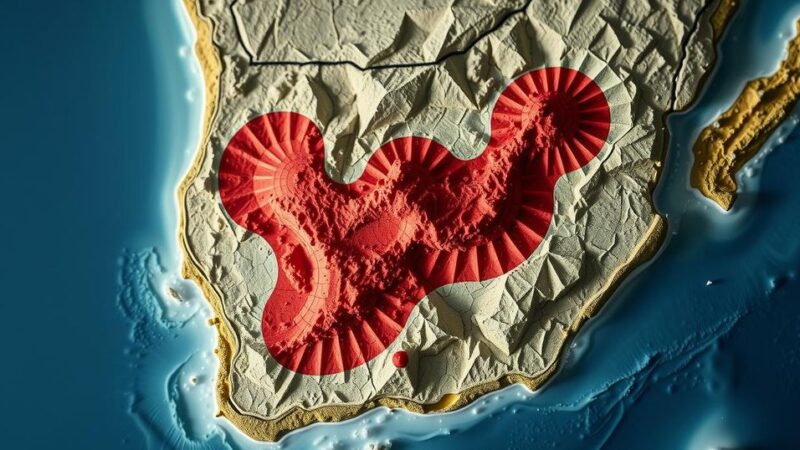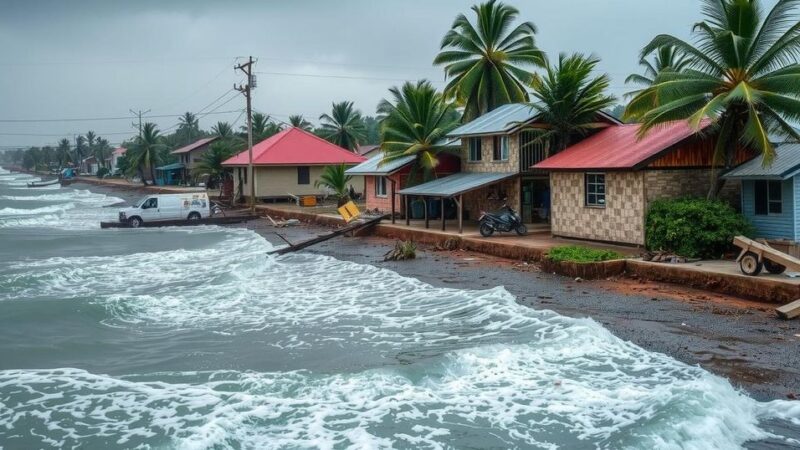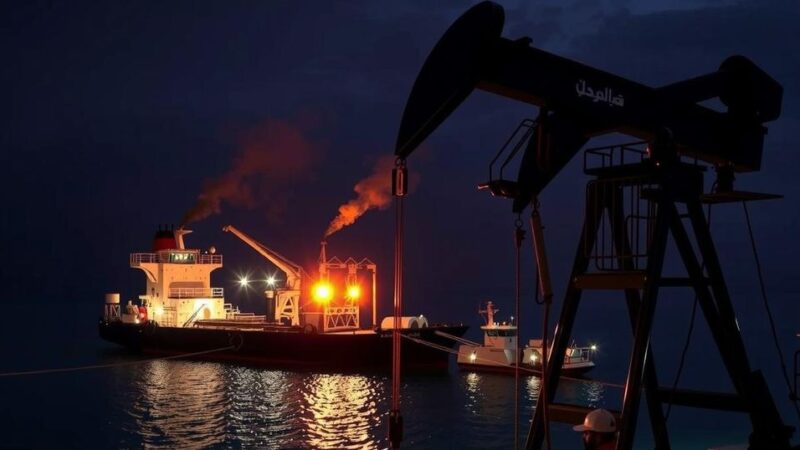Indonesian President Joko Widodo condemned the assassination of Hamas leader Ismail Haniyeh, labeling it an “act of violence and murder” that violates Iran’s sovereignty. The assassination, resulting from an Israeli airstrike, has drawn strong international reactions, including Japan’s call for de-escalation in the Middle East. Ongoing military operations in Gaza have resulted in significant Palestinian casualties, contributing to a humanitarian crisis and global condemnation of Israel’s actions.
Indonesian President Joko Widodo, also referred to as Jokowi, has vocally condemned the recent assassination of Hamas leader Ismail Haniyeh, characterizing the act as a “violent and murderous act” that is utterly intolerable. In remarks made on Thursday, President Jokowi emphasized that this incident transpired on Iranian soil and must be viewed as a violation of Iran’s sovereignty. The assassination, reported on Wednesday, was a result of an Israeli airstrike targeting Haniyeh’s residence in Tehran, shortly after he had participated in the inauguration of Iranian President Masoud Pezeshkian. While Israel has not officially acknowledged its involvement, Prime Minister Benjamin Netanyahu has hinted at the nation’s role in the assassination, exacerbating tensions further. The President of Indonesia reiterated the collective stance against such violence, asserting, “I believe everyone, including Indonesia, condemns such violence and murder.” Concurrently, Japan’s government has called for restraint in the Middle East, urging against retaliatory actions to prevent further escalation of hostilities. Chief Cabinet Secretary Yoshimasa Hayashi remarked the importance of avoiding escalation and ensuring diplomatic efforts are initiated to stabilize the situation. International criticism of Israel has mounted, particularly in light of its persistent offensive in Gaza following a Hamas attack on October 7, 2023, which has resulted in extensive civilian casualties and a humanitarian crisis in the region. Critical global commentary continues to emphasize the need for immediate cessation of military actions in Gaza, where severe humanitarian issues prevail due to ongoing conflict and blockades.
The assassination of Hamas leader Ismail Haniyeh marks a significant escalation in the ongoing tensions in the Middle East, particularly between Israel and Hamas. Haniyeh was targeted in an Israeli airstrike while in Tehran, prompting a wave of international reactions. The incident occurred against the backdrop of a protracted Israeli military operation in Gaza, which has resulted in substantial casualties among Palestinian civilians, sparking international outrage and demands for ceasefire. The background of this conflict extends to historical tensions and recent escalations in violence, which have drawn in various global responses, including condemnation and calls for diplomatic intervention.
In summary, President Joko Widodo’s condemnation of the assassination of Ismail Haniyeh underscores the broader issues of sovereignty and violence in international relations. His remarks reflect a growing discontent with aggressive military actions and serve as a call for collective opposition to such acts of violence. Additionally, Japan’s appeal for de-escalation and cessation of retaliatory measures highlights the urgent need for diplomatic efforts in achieving stability in the region. The international community continues to closely monitor the situation, advocating for humanitarian considerations amid ongoing conflicts.
Original Source: www.middleeastmonitor.com







